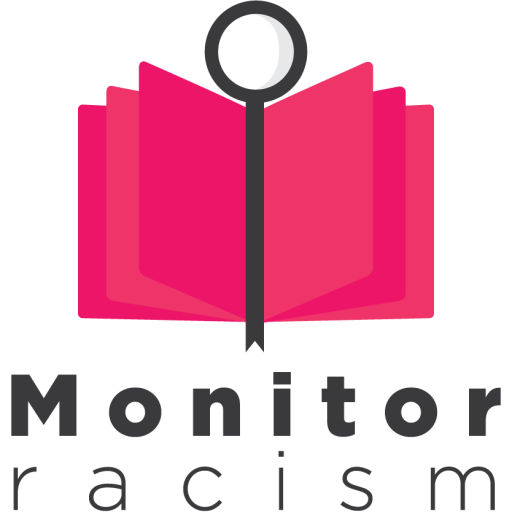Venise Wagner and Sally Lehrman June 2020
Two days into the riots following the death of George Floyd, the African American man strangled under the knee of a police officer, Minneapolis Mayor Jacob Frey said the riots were not just a response to that killing. They reflected 400 years of built-up anger and sadness.
In the same week, researchers revealed fresh data on stark disparities in illness and death due to COVID-19 by race.
Yes, slavery may be long over, but we still suffer the consequences of a system that devalued black bodies while also using them for profit. Racism informed American institutions at their founding and persists in our structures today, making black and brown people more vulnerable to the pandemic. Similar histories of structured inequality in other societies have led to disparities in COVID-19 outcomes around the world.
In the accompanying video, we encourage people to think critically about the news about COVID-19 disparities so we can better understand the reasons behind them. Our instinct may be to assume that the populations hit the hardest did something wrong or are just unlucky. Did they not follow social distancing rules? Did they plan poorly for a potential health or financial crisis? Did they fail to address underlying conditions like diabetes and heart disease?
If we want to change the current trajectory of unequal outcomes and address the resulting pain among communities of colour, it’s important to ask questions of these reductive explanations. How do residential segregation, access to medical treatment, even ease of access to open space make the experience of COVID-19 far different for some groups than others? How does the freedom to walk in a park, jog in a suburb, or shop for clothes without the fear of drawing suspicion affect one’s ability to maintain healthy practices and build a strong immune system?
The pandemic has thrown many of us into a world of anxiety and isolation. Such circumstances are quite likely to draw a reflexive response, a very old response built on fear of difference and fear of change. If you’re dismayed by the flood of bad news and explanations that seem reductive, don’t just turn off the news.
Many people speak of using this crisis as an opportunity to build a world more aligned with the values of our communities. We can only do so if we’re willing to challenge ourselves, our friends, our neighbours and our families to cast aside our assumptions and seek better answers.
We need to ask journalists to do the same.
Prof. Venise Wagner works at the Journalism Department in San Francisco State University.
Sally Lehrman is an award-winning reporter on medicine and science policy.
In 2019, they co-edited and co-authored ‘Reporting Inequality: Tools and Methods for Covering Race and Ethnicity’ (Routledge).

